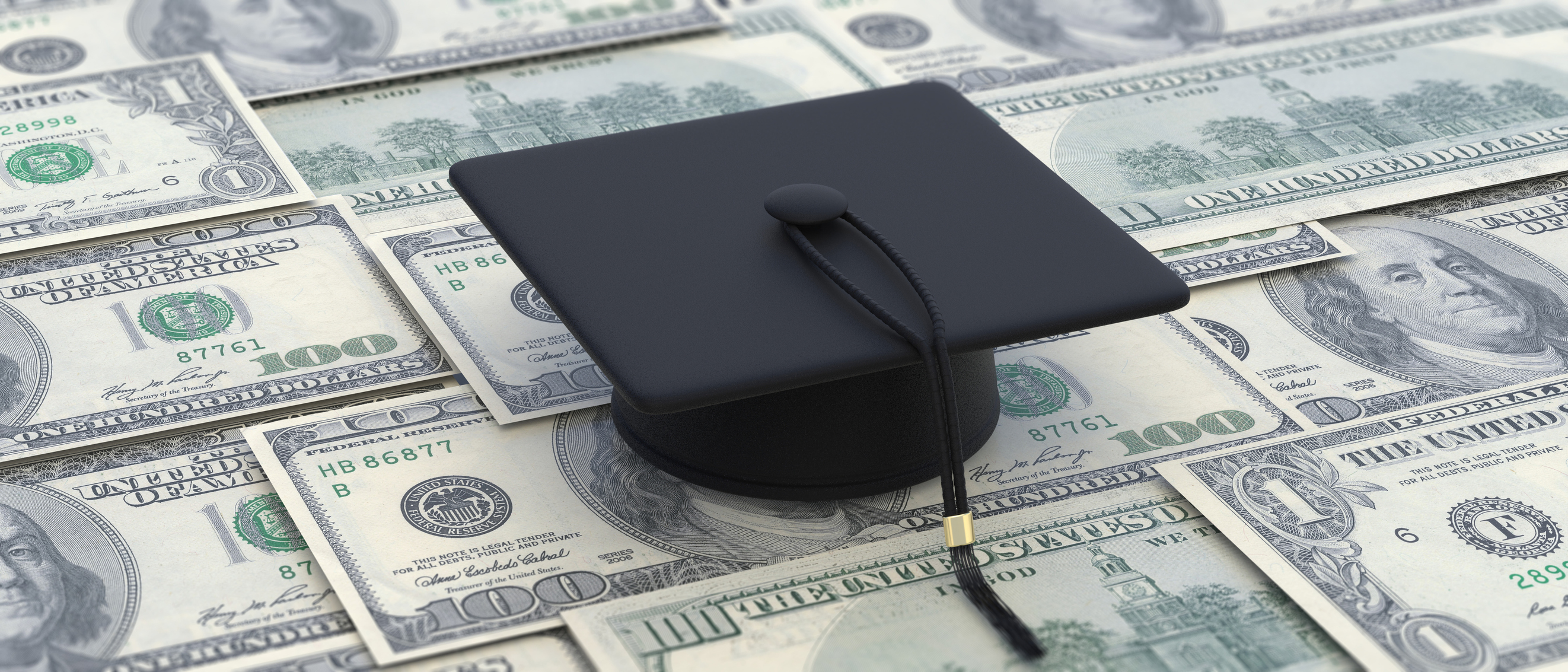
What does Sallie Mae do?
Sallie Mae is a leader in providing private student loans to students and parents to pay for higher education expenses. The company provides various student loan options, including undergraduate student loans, career training student loans, and graduate student loans. It also provides specialized loans for specific purposes, including bar study and medical residency loans. The company holds some of the loans it originates while selling others to investors.
Sallie Mae also offers several other financial products, including savings accounts and credit cards, to help students save for college and build credit. In addition, it provides financial tools, research, and other information, including the leading scholarship search app, Scholly.
How do Sallie Mae's private student loans differ from direct federal loans?
Private student loans, like those provided by Sallie Mae, differ significantly from direct loans offered by the Department of Education. Banks or other financial institutions fund those loans instead of the government.
Sallie Mae
Here are some of the other key differences:
Direct loans are available to anyone enrolled in an undergraduate, graduate, or professional degree program at least half-time at a school participating in the program. They require that an applicant complete a FAFSA form. They can also be based on financial need (direct subsidized loans only) and allow the borrower to change their repayment plan after borrowing.
On the other hand, private loans like those provided by Sallie Mae are credit-based. They consider the applicant's credit history, which means that having a loan cosigner often increases the probability of approval. Students can also often borrow as much as the cost of attendance (minus any financial aid received), which, in addition to tuition, room and board, books, and fees, also includes the ability to borrow money to cover additional education-related expenses like transportation and a computer for school. Finally, the interest rates can be higher than for direct loans because they're credit-based loans.
Why would a borrower get a private student loan with Sallie Mae?
The Department of Education's direct loan program has many benefits for borrowers. However, it also has limitations. For example, students must be enrolled at least half-time in an eligible school to apply for direct subsidized loans, direct unsubsidized loans, and direct PLUS loans (including those for graduate and professional students). Meanwhile, parent PLUS loans are available only to biological and adoptive parents (and a stepparent in some cases). There are also limits on the maximum available to borrow in a year and on expenses covered.
Private student loans like those offered by Sallie Mae help fill in the gaps in the direct loan program. They offer more flexibility because they can cover more expenses and programs (including less-than-half-time enrollment, studying abroad, or specialized degrees). In many cases, a borrower will first consider a direct loan and then take out a private loan if direct loans won't cover their program or they need more money to pay for their education.
Related investing topics
An example of a private loan with Sallie Mae
Sallie Mae's private student loans let students borrow the money they need for their entire higher education, including expenses not covered by direct loans. For example, the company offers medical school loans that cover 100% of a student's school-certified expenses, including tuition, fees, books, housing, meals, travel, and a laptop. In addition, the company provides medical residency and relocation loans. The loans enable medical students to borrow as much as $30,000 to cover their board examination fee, related travel expenses, and the expense of moving to their medical residency. Sallie Mae's private student loans can be a great option for students because they cover more educational expenses.



















